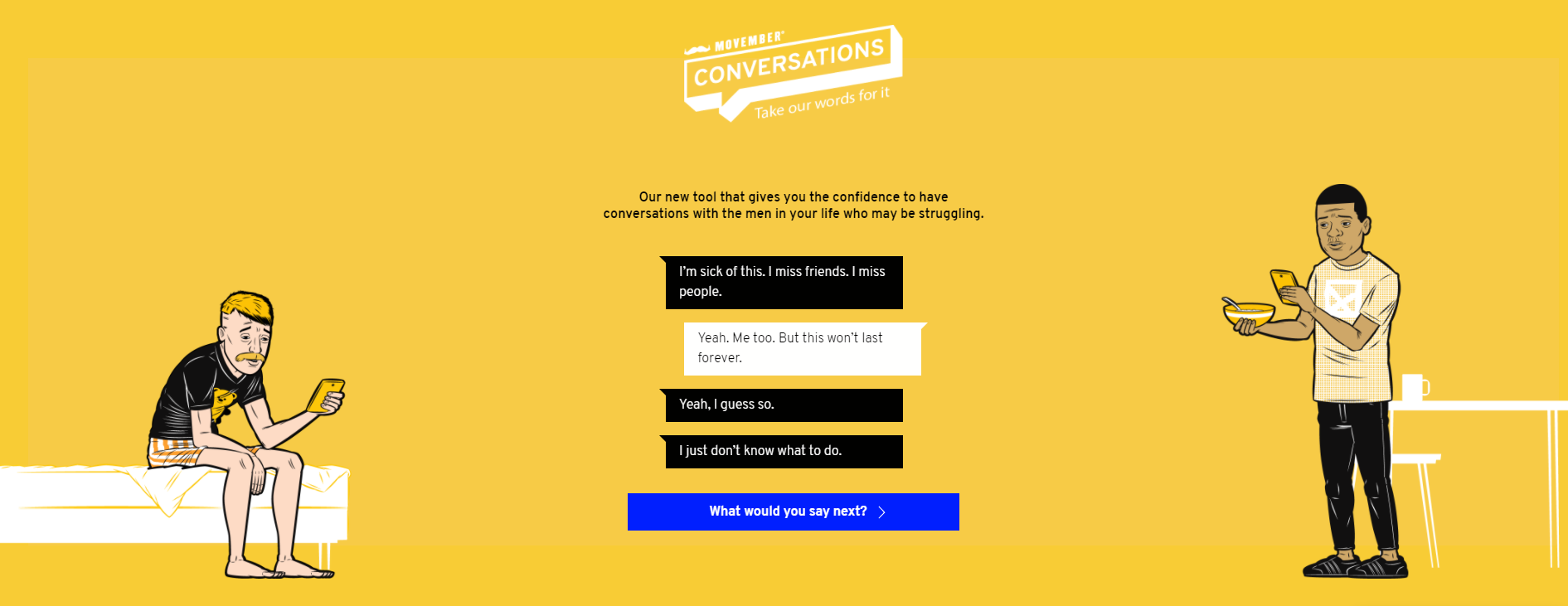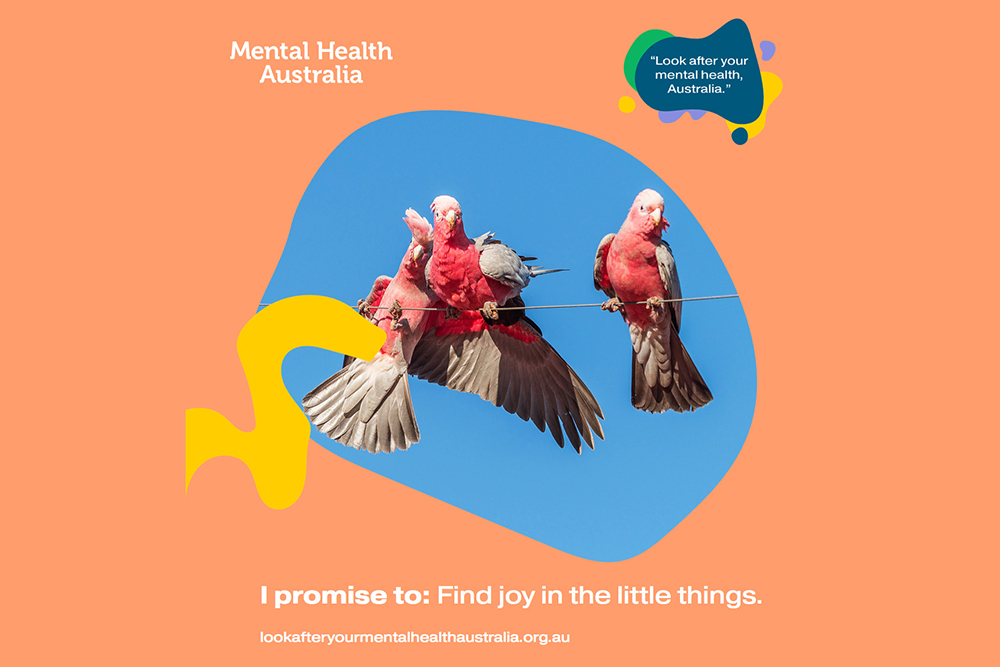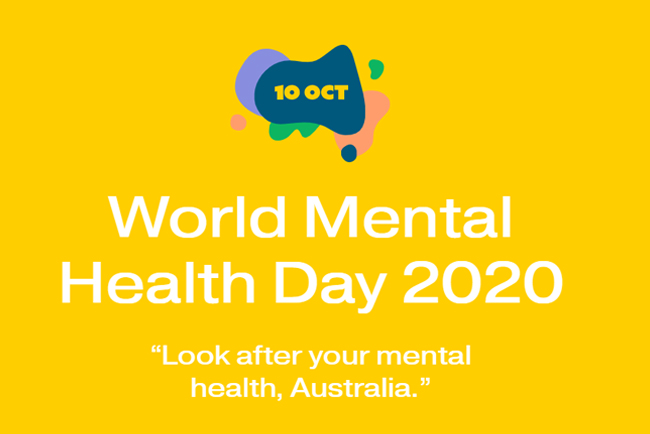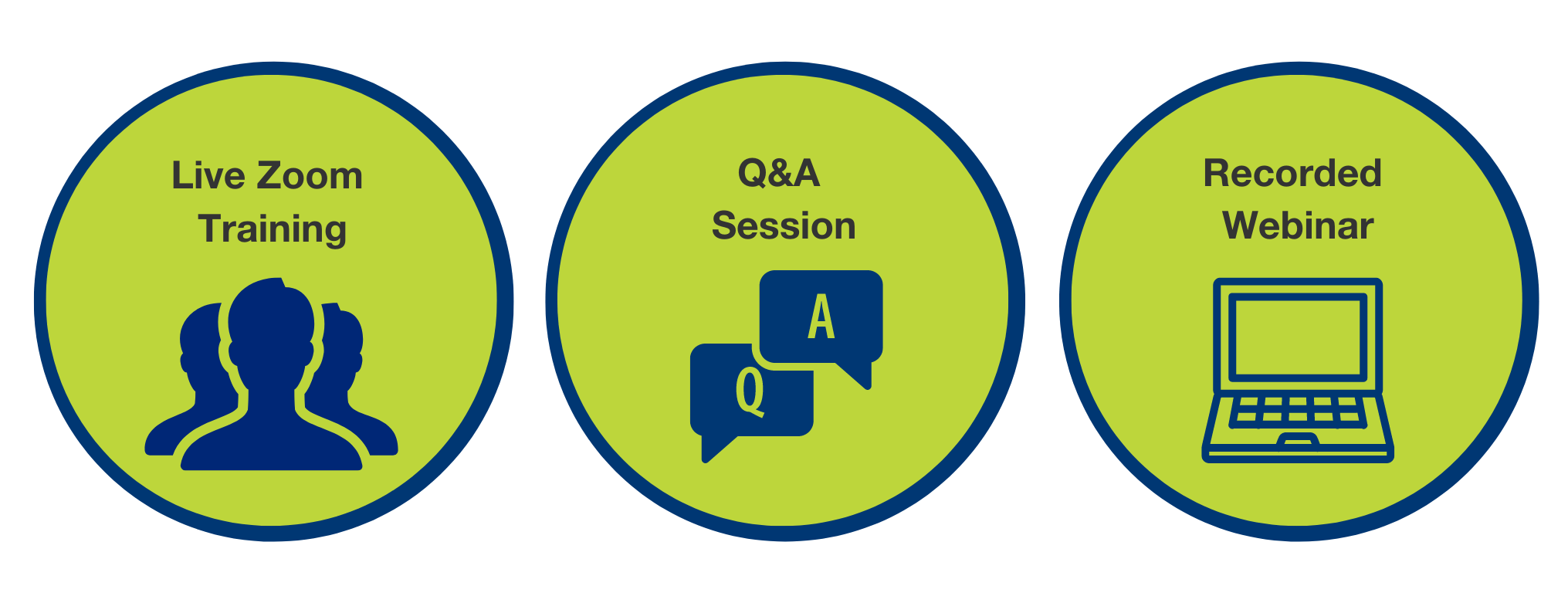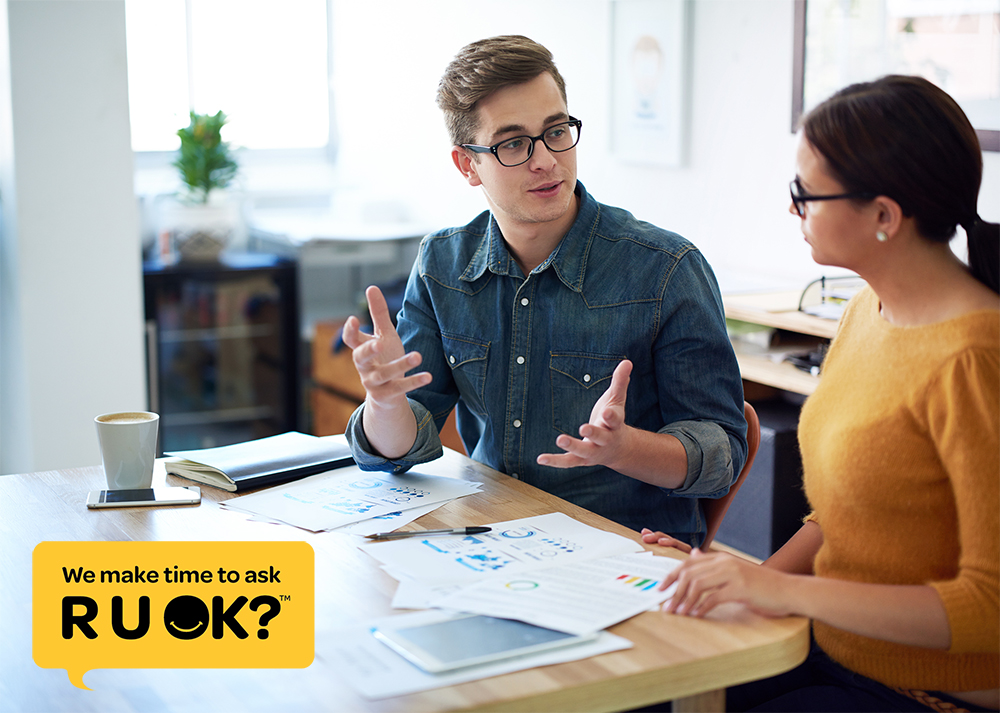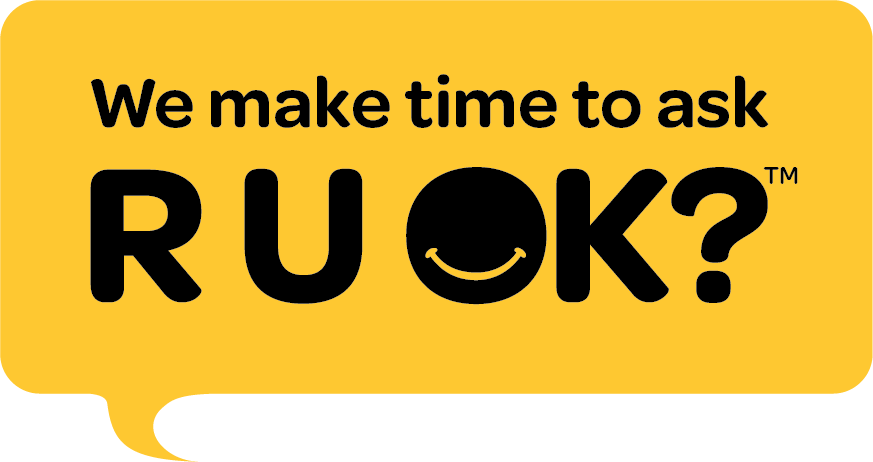Newport & Wildman is proudly part of AccessEAP. This month we have a message from Sally Kirkright, CEO, AccessEAP.
In recent newsletters, I’ve highlighted a consistent theme – clear and kind communication. In 2020, being clear about what we require from those around us is what moved us forward in this year of uncertainty.
As 2020 gets ready to shuffle off into history, it’s time to cast a glance around at what has been important this year. Putting people first in terms of protecting their health, safety and ability to keep working has been front and centre for most organisations. Organisations who have staff working away from their offices tell us about prioritising team connections while being separated. Not just employee briefings but also birthday celebrations and family moments, and re-creating informal time where smaller groups log in with a cuppa and just talk. Like people used to do informally in the lunchroom.
Thank goodness Australia’s response – and particularly the bravery of Melbourne – has led to some sort of normality returning. Most of our offices have been welcoming staff back in – in staggered at-work and work-from-home rosters. It’s such a relief to hear laughter in the lunchroom again.
This feels like a time to reflect on how important kind, as well as clear communication, is. How you talk and write is as important as what you say or write. Emotion is transmitted as we communicate. Think how heated conversations about masks, protests, and overseas elections can become. So taking the time to pause and consider the emotional understory of our communications is paramount.
Caring communication is not just about what you say. It benefits people when you just listen. If someone is struggling, ask how they are, and just listen. A lot of us want to fix things – give people a solution to a problem that they still might not fully understand. Rather than give advice, just let them tell their story. Our clinical staff often say that their best work happens in the sessions where they talk the least. Letting someone talk though issues allows them to understand their situation. Understanding and relief follow.
If Christmas and the festive season is about giving and being together, then the best gift we can give is true kindness. Connect with those who are isolated, family members who have drifted away, old friends and find out how they got through this year because we did get through. And now is a time to pause and consider how all of those around us are more precious than any physical gift we could find under the tree.
Happy Holidays. Best wishes for a safe and restful festive and holiday season.
Sally Kirkright, CEO AccessEAP


